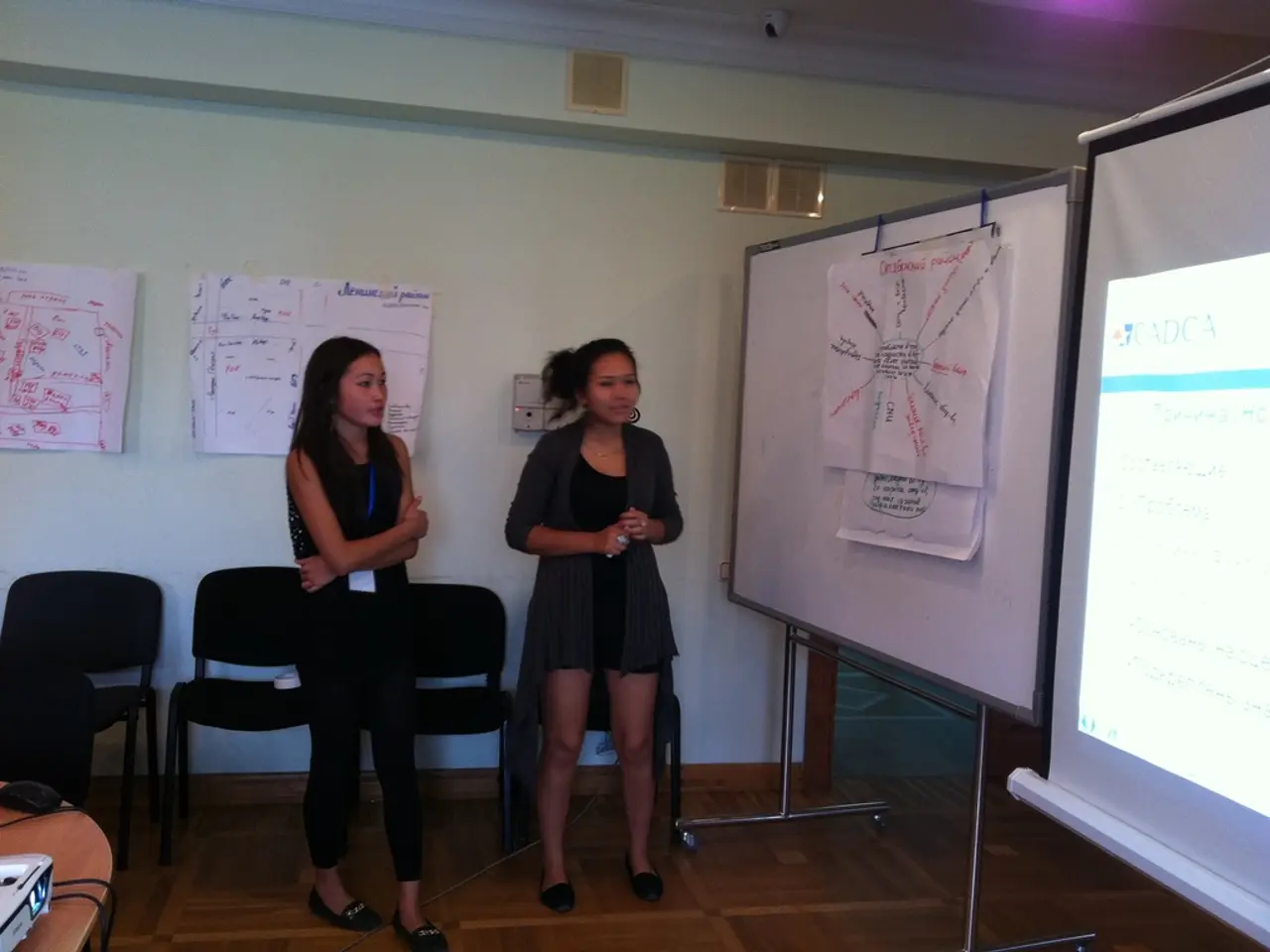Emerging Educational Technologies and Notable School Trends Forecasted for 2025
In the realm of education, there's a growing focus on enhancing processes related to AI tutors. These digital assistants, such as Khanmigo, which recently graced the screens of 60 Minutes, hold the potential to significantly improve student learning outcomes. However, their effectiveness is heavily dependent on factors like student engagement, AI literacy, and thoughtful integration into existing educational contexts.
Recent research and studies have shed light on the key factors that contribute to the success of AI tutors. For instance, significant learning gains have been documented through the use of AI tutors and Intelligent Tutoring Systems (ITS). One randomized control trial even found that an AI tutor doubled learning gains compared to collaborative classroom models, while ITS can typically improve student performance by around 20% compared to traditional approaches[2][3].
However, it's important to note that human tutoring still outperforms AI, with human tutors showing a 98% improvement in student achievement[2]. Engagement is crucial, as studies report that AI tutors like Khanmigo show learning benefits only when students actively engage cognitively during tutoring sessions. Passive or disengaged interactions limit effectiveness[1].
Moreover, the efficacy of AI tutors is closely tied to the level of AI literacy among students. Exposure to AI tools alone is insufficient; students who understand AI concepts and feel confident in using AI achieve better outcomes[4]. The integration of AI in learning management systems and school information systems also promotes seamless, meaningful support for teachers and students[5].
Despite these promising findings, ethical and practical challenges remain. Ensuring data privacy, addressing potential biases, and assuring equitable access are crucial considerations. Long-term impacts on critical thinking and creativity are not fully known, warranting cautious deployment and human oversight[2][3]. Poorly designed AI use can even impair learning, as a study found that unrestricted ChatGPT use during math practice improved practice accuracy but reduced test scores by 17%[3].
As AI tutors become more prevalent, concerns about AI cheating are on the rise. The number of instances of AI cheating has increased every year since the generative AI revolution. Teachers may voice increasing frustration, demanding better support to combat this issue. In 2025, AI tutors may lose their novelty and undergo scrutiny regarding their effectiveness.
The impact of digital devices and social media on student mental health is another ongoing debate. The percentage of teens feeling increasingly sad or hopeless had decreased according to CDC data (gathered before cell phone bans). However, the debate is likely to continue in 2025. Many districts have already taken steps to address this issue, with bans or discouragements of phone use during the school day.
In conclusion, while AI tutors offer promising personalized, scalable support that can boost student achievement when well-designed and properly integrated, ongoing research is necessary to clarify best practices and long-term effects as these technologies mature. The future of AI in education is an exciting prospect, but one that requires careful consideration and thoughtful implementation.
- The integration of AI in education-and-self-development systems can significantly improve learning outcomes for students, as evidenced by the use of AI tutors and Intelligent Tutoring Systems (ITS) that have shown learning gains and performance improvements.
- Despite the potential benefits of AI tutors, it's essential for students to engage cognitively during tutoring sessions for optimal learning, and understanding AI concepts and being AI literate can lead to better outcomes.
- Ensuring data privacy, addressing potential biases, and providing equitable access are critical challenges in deploying AI tutors, especially as they become more prevalent and undergo scrutiny in the coming years.
- As AI tutors continue to be developed and implemented in schools, concerns about AI cheating and its impact on student mental health through digital devices and social media will remain ongoing debates in education and self-development.




